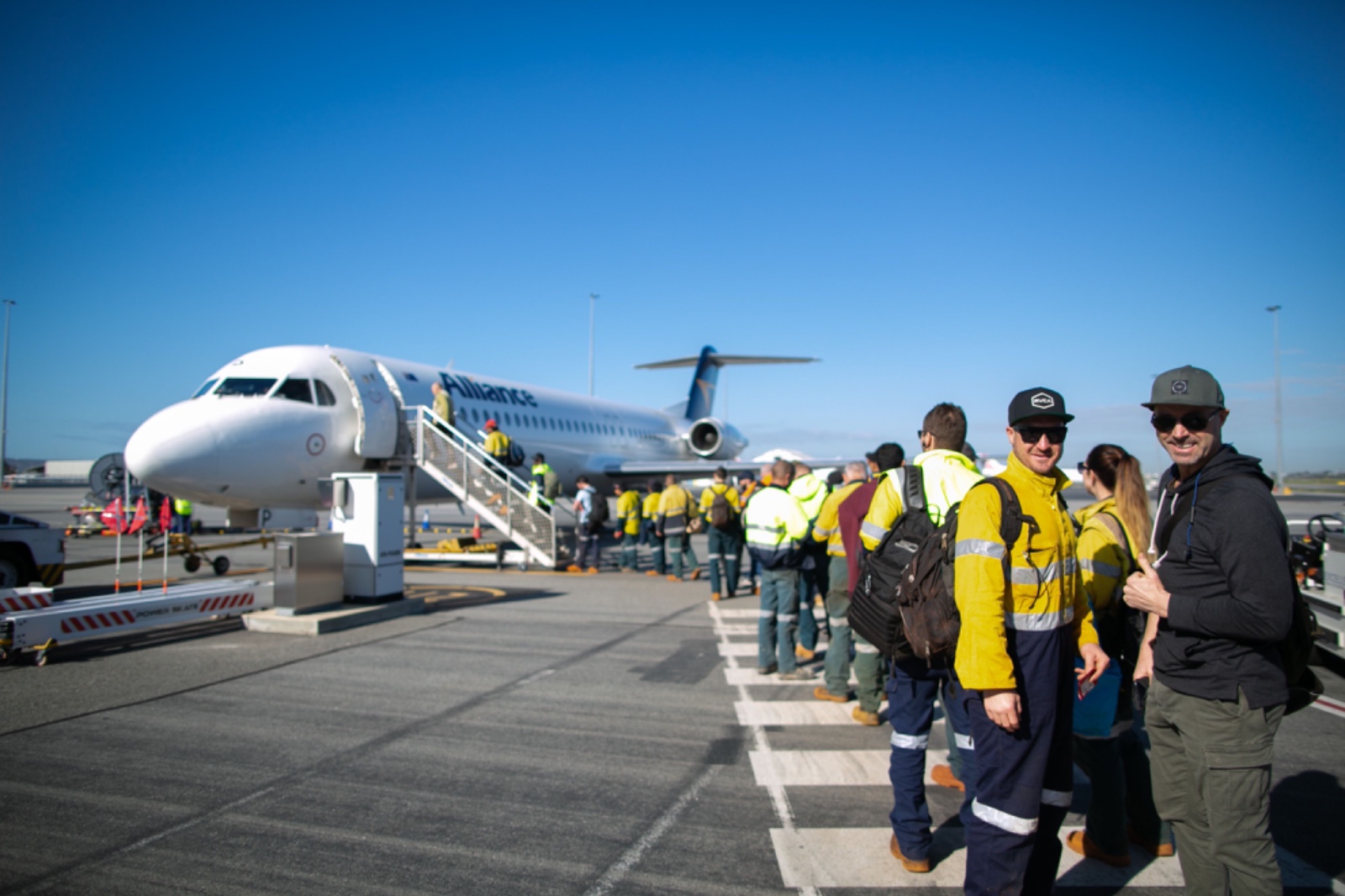- Chris Comans
- 6 Comments
Skin cancer is a serious health concern for outdoor workers in Western Australia, where the sun shines brightly for much of the year. With the state’s high ultraviolet (UV) radiation levels, the risk of developing skin cancer is significantly heightened for those who spend long hours working outside.
Skin Cancer in Western Australia
Prevalence of Skin Cancer
According to the Cancer Council of Western Australia, skin cancer is the most common form of cancer in the state, with over 2,000 new cases diagnosed each year.
Primary Cause: UV Radiation Exposure
The primary cause of skin cancer is exposure to UV radiation from the sun, which damages the skin cells and can lead to the development of cancerous growths.
UV Radiation Levels in Western Australia
Proximity to the Equator and Clear Skies
In Western Australia, UV radiation levels are particularly high due to its proximity to the equator and the clear skies typical of the region’s climate.
Monthly UV Index in Perth
The monthly average UV index in Perth ranges from 6 to 8 The monthly average UV index in Perth ranges from 6 to 8 during the summer months, which falls in the high-risk category for sun exposure. This increases the risk for outdoor workers if proper precautions are not taken to protect the skin from the sun’s harmful rays.
Risk Factors for Outdoor Workers
Time Spent in the Sun
One of the key factors contributing to the risk of skin cancer in outdoor workers is the amount of time spent in the sun. Workers in industries like mining, construction, farming, and landscaping are particularly vulnerable to UV radiation exposure.
Peak UV Radiation Times (10am to 4pm)
The time of day also affects the risk level, as the sun’s rays are strongest between 10am and 4pm. It is crucial for outdoor workers to be aware of these peak times and take extra precautions during these hours.
Types of Outdoor Work with Increased Risk
Jobs that involve prolonged exposure to the sun, such as working on rooftops, in open fields, or near reflective surfaces like water or sand, can all amplify the effects of UV radiation on the skin.
Employer Responsibilities for Sun Protection
Importance of Providing Sun Protection Measures
It is crucial for employers to provide adequate sun protection measures for their workers, especially in jobs with high sun exposure.
Types of Sun Protection Measures
Employers should implement sun safety practices such as providing shade structures, supplying protective clothing, and ensuring access to sunscreen. Educating workers about sun ensuring access to sunscreen. Educating workers about sun protection is also important for reducing the risk of skin cancer.
Financial and Health Implications of Skin Cancer
Costs of Skin Cancer Treatment
In addition to the physical risks, there are financial implications for outdoor workers diagnosed with skin cancer. Treatment for skin cancer can be expensive, often requiring surgery, radiation therapy, and ongoing medical care.
Impact on Quality of Life
These medical costs, coupled with lost wages and potential long-term health issues, can significantly impact the quality of life for those affected by skin cancer.
Sun Safety Measures for Outdoor Workers
Individual Protective Steps
To mitigate the risk of skin cancer, outdoor workers should take proactive steps such as wearing protective clothing (long sleeves, hats, sunglasses), using sunscreen with a high SPF, seeking shade whenever possible, and staying hydrated. Employer’s Role in Reducing Skin Cancer Risk Employers play a vital role in protecting their workers. Encouraging regular breaks in shaded areas, providing access to sunscreen, and raising awareness about the dangers of UV radiation are essential to keeping workers safe.
Conclusion
The risk of skin cancer in outdoor workers in Western Australia is a serious concern that requires attention and action. With the state’s high UV radiation levels and the prevalence of outdoor work, it is essential for individuals and employers to take proactive measures to protect against sun exposure. By implementing sun safety practices and raising exposure. By implementing sun safety practices and raising awareness about UV radiation, we can help prevent skin cancer and ensure the health and well-being of outdoor workers.

Seasonal Skin Safety: Adjusting Your Skincare Routine for Perth's Climate - SkinChx
Industries at the Highest Risk for Skin Cancer in Western Australia - SkinChx
Skin Cancer on the Legs: Why They’re a High-Risk Area in Western Australia - SkinChx
Skin Cancer on Legs | High-Risk Sun Exposure in Western Australia
Sun Safety Failures: What Workplace Safety Programs Are Missing in Australia’s Outdoor Industries
Skin ChX WA Programs | Community Screening Saving Lives